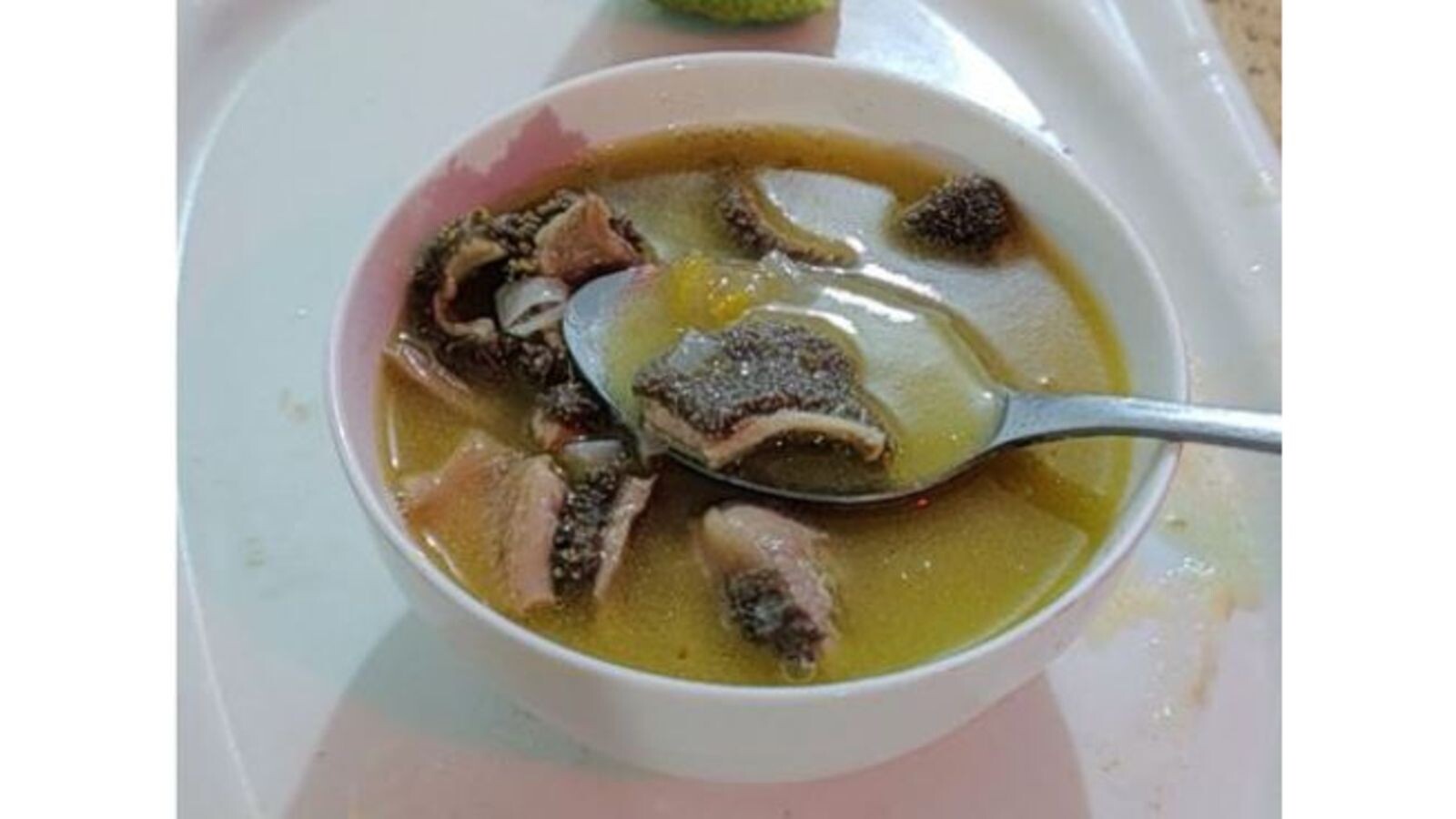A troubling trend has emerged in Dar es Salaam, Tanzania where some food vendors are using the over-the-counter pain reliever Panadol to tenderise and speed up the cooking of tripe soup.
This tough meat from goat or cow traditionally requires hours of simmering to achieve a palatable texture.
While time-proven methods like ginger, vinegar, or pressure cookers are readily available, some cooks are taking a shortcut with potentially dangerous consequences.
Mama Aziza, a cook in Kariakoo, admits to using Panadol after a friend’s recommendation.
“I didn’t know about this use before,” she confesses, adding that she now adds one or two tablets to her soup pot, claiming it cooks faster. However, Aziza remains unaware of potential health risks, treating Panadol like any other tenderizing ingredient.
The practice extends beyond Kariakoo. Another cook, residing in Kimanga, uses Panadol to save time and firewood during the morning rush for her soup customers.
Meanwhile, Aisha Kiembe, from Mabibo, expresses shock at this unorthodox method, yet acknowledges the use of traditional tenderizers like ginger and soy sauce.
Authorities, however, are alarmed. Athuman Ngenya, Director General of the Tanzania Bureau of Standards (TBS), assures the public of an investigation into this “new development.”
Yonah Mwalwisi, Director of Drug Control at the Tanzania Medicines and Medical Devices Authority (TMDA), warns of the grave dangers of ingesting Panadol in food, emphasizing its potential to harm liver and kidneys.
Pharmacists echo these concerns. Ernest Kimbau highlights the risks associated with exceeding Panadol’s safe dosage, equating consuming cooked Panadol to taking the medication without a prescription.
He urges caution, reminding everyone that medicines are meant for treating illnesses, not tenderizing food.
Medical experts say
Dr Masolwa Ng’wanasayi, a specialist at Aga Khan Hospital, warns that any medication use without a doctor’s advice is dangerous, especially considering Panadol’s ability to damage the liver. He underscores the unpredictability of Panadol’s behavior when added to food, emphasising the lack of controlled dosage and potential for overdose.
Dr Harrison Selestine, a U.S.-based medical student, paints a grim picture. Based on statistics from other countries, he estimates a potentially large number of Tanzanians unknowingly suffering from Panadol misuse.
He cites alarming figures from the United States, where excessive Panadol use leads to over 56,000 emergency treatments and 458 deaths annually.
Public awareness is crucial
Aisha Kiloge, a businesswoman, urges food vendors to prioritise customer safety over quick profits. She emphasizes the importance of responsible business practices and calls on the government to intervene and address this alarming trend.
Godson Bahati, a Tabata resident, encourages immediate reporting of health issues following food consumption, highlighting the potential for hidden dangers in seemingly innocuous meals.
The use of Panadol in food is not just a shortcut; it’s a gamble with potentially devastating consequences.
As health authorities investigate and experts raise their voices, the onus falls on food vendors and consumers alike to prioritise safety and resist the temptation of quick fixes.
Only through education, awareness, and responsible practices can Dar es Salaam’s kitchens be free from the dangers lurking within a simple tablet.
Do you have a story or an opinion to share? Email us on: dailyexpressug@gmail.com Or follow the Daily Express on X Platform or WhatsApp for the latest updates.

